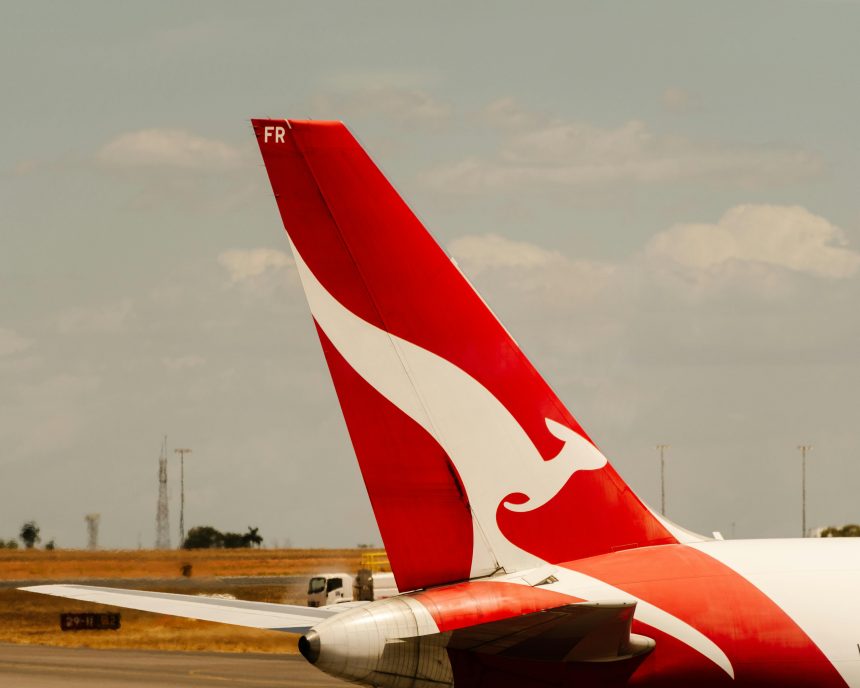Breach Hits Call-Centre Platform
On June 30, Qantas detected unusual activity on a third-party platform used by its call-centre—believed to be located in the Philippines. A cyber intruder gained access to the records of up to six million customers, marking Australia’s largest airline data breach in recent years.
Scope of Exposed Data
Stolen information includes:
- Names, email addresses, phone numbers
- Birth dates
- Qantas Frequent Flyer numbers
Crucially, no passwords, PINs, financial details, credit-card or passport data were compromised.
Immediate Response and Investigation
Qantas CEO Vanessa Hudson stated the breach was swiftly contained after detection and pledged full cooperation with cybersecurity agencies. Affected customers are being notified and can access a dedicated support line. The airline has reported the incident to:
- Australian Cyber Security Centre
- Office of the Australian Information Commissioner
- Australian Federal Police.
Cybersecurity Experts Raise Alarms
Experts warn the stolen data paves the way for potential identity theft and fraudulent account creation:
“Name and date of birth… define you,” warned UNSW expert Dr. Hammond Pearce.
Cybersecurity firms report significant risk from “vishing” and phishing scams targeting customers with seemingly legitimate information, especially given the global rise of airline-targeted threats by groups like.
Market Fallout and Public Confidence
Following the announcement, Qantas shares fell approximately 2–3%, reflecting investor concern over reputational damage and potential regulatory costs.
Broader Context and Implications
This incident follows recent major breaches like those at Optus and Medibank in 2022, which triggered stricter data protection laws in Australia. With airlines increasingly targeted, experts say this is a wake-up call for tougher oversight of third-party vendors:
“Last week, the U.S. FBI warned of coordinated airline cyber‑attacks.
What Impacted Customers Should Do
- Watch for phishing calls or emails demanding personal info
- Monitor personal accounts (frequent flyer, banking) for suspicious activity
- Activate two-factor authentication and change passwords as a precaution.
- Use Qantas’s dedicated support line for guidance
Final Take
Though no sensitive financial data was stolen, the breach is a serious breach of trust—exposing millions to potential scams and identity fraud. It underscores the growing cybersecurity risks in global airline ecosystems, particularly via third-party service providers. Qantas now faces the challenge of restoring confidence and tightening data security across its supply chain.











